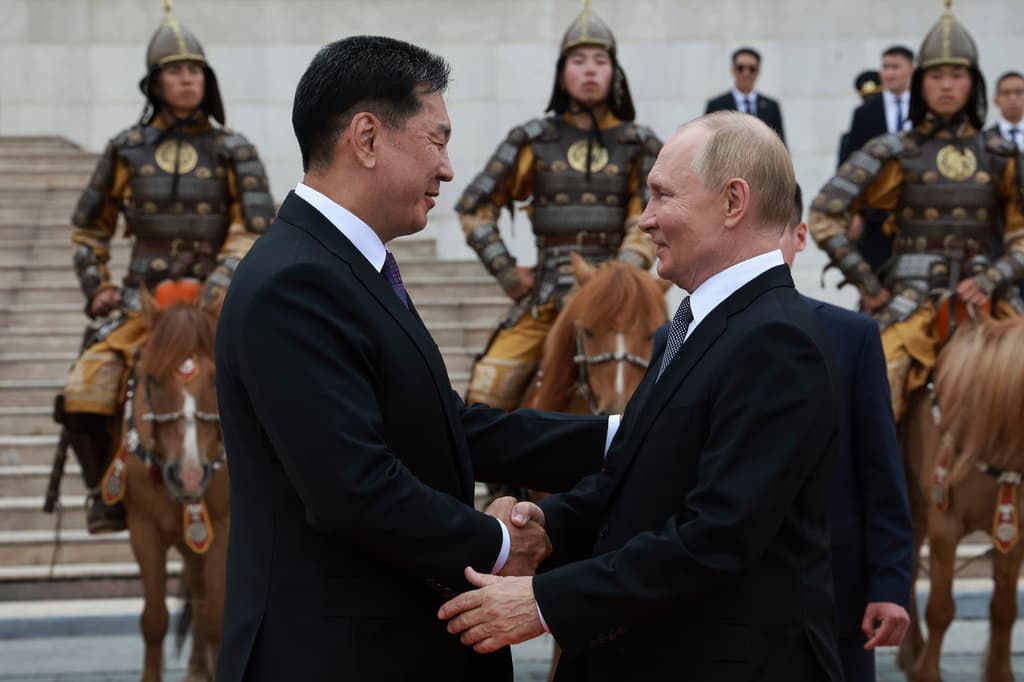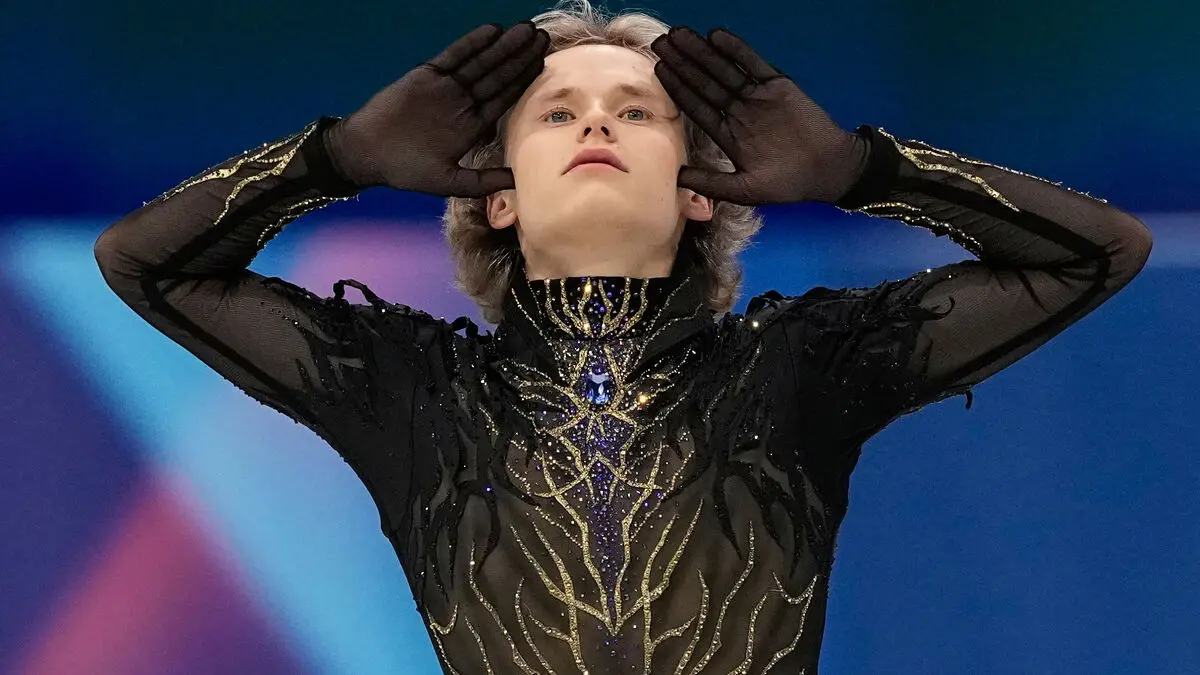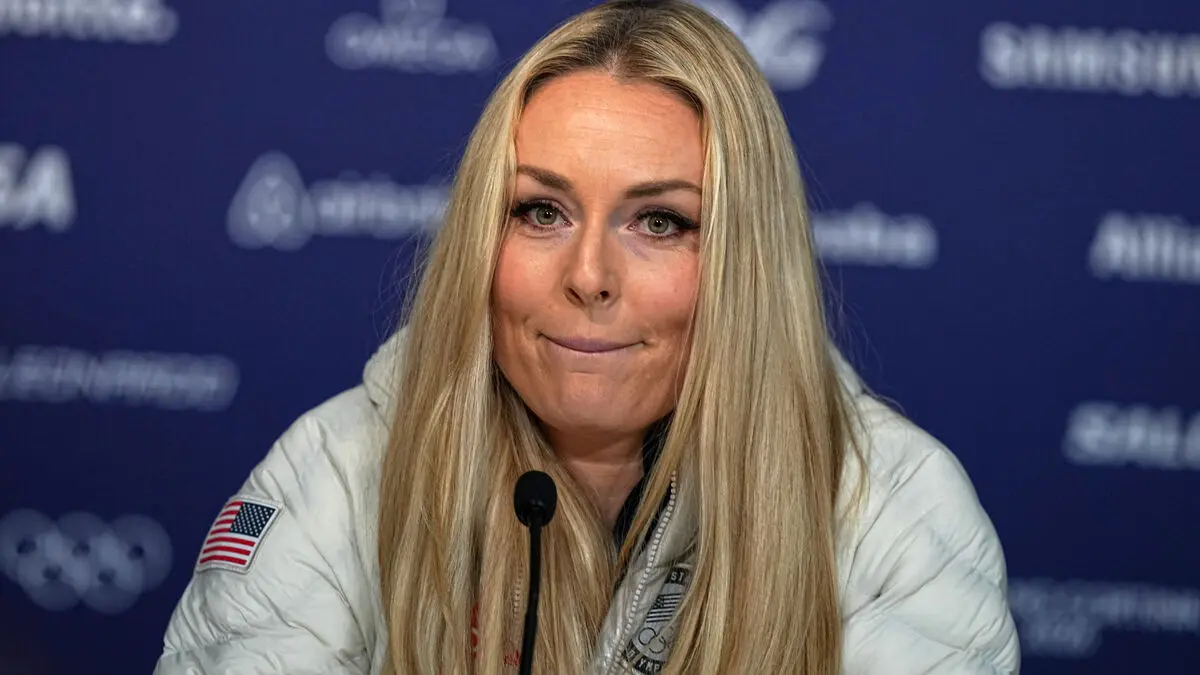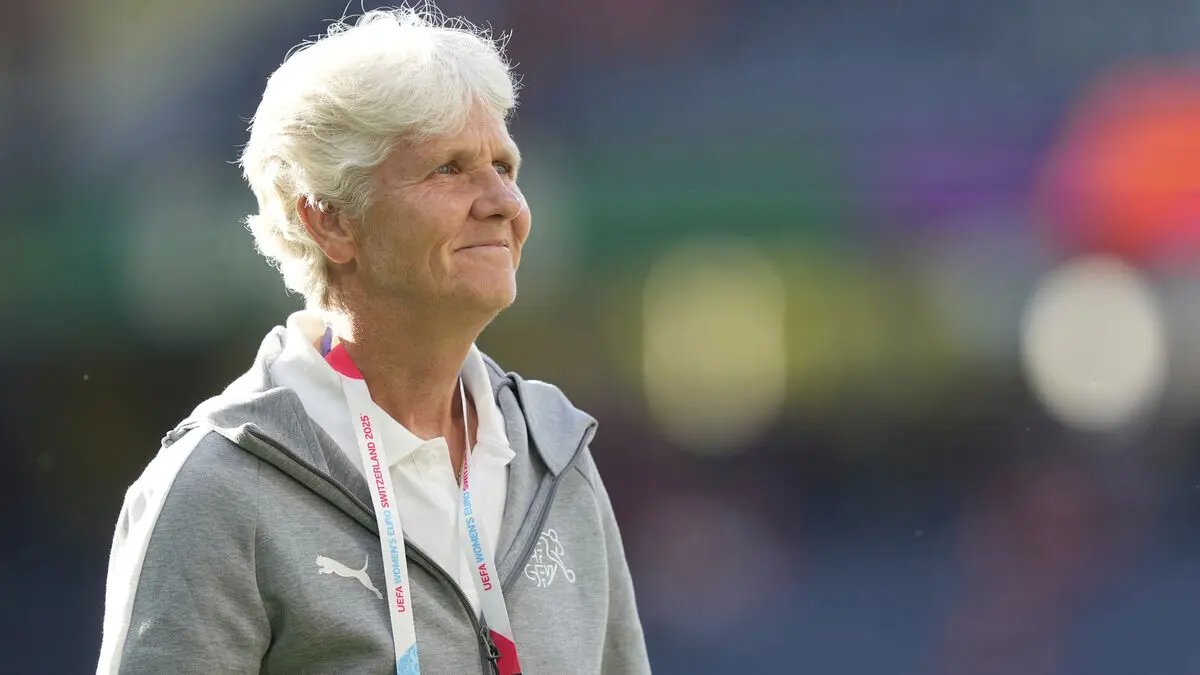Vladimir Putin has met his Mongolian counterpart Khurelsukh Ukhnaa in a grand ceremony in Ulan Bator. Soldiers in traditional costumes, some of them on horseback, lined the square of Genghis Khan when the leaders met under pomp and circumstance.
A planned protest was absent, as demonstrators were prevented from getting close to the Russian president. A small group of demonstrators who tried to unfurl a Ukrainian flag were taken away by police.
However, when the Russian leader arrived on Monday evening, a small crowd of people gathered with a sign that read "Expel the war criminal Putin".
Dependent on Russia
Mongolia is obligated to arrest Putin according to the arrest warrant from the ICC (International Criminal Court), which the country is bound to since they ratified the court's founding document, the Rome Statute.
But as expected, Putin left the country on Tuesday afternoon without being detained.
Regrettably, according to a statement from an EU spokesperson.
Russia and Mongolia are traditionally allies, and Mongolia is deeply dependent on Russian oil, gas, and electricity. Among other things, Putin and Khurelsukh are said to have discussed the construction of a trans-Mongolian gas pipeline that will link Russia and China during the visit.
Failing to comply with the ICC's order means that Mongolia will likely be prosecuted by the ICC for its failure, according to Politico. However, such a prosecution rarely leads to serious consequences, notes the site.
"Accomplice"
The ICC, Ukraine, and several human rights organizations urged Mongolia to take action against Putin.
If Mongolia provides Putin with temporary refuge, the country will in practice become an accomplice in securing impunity for some of the most serious crimes under international law, says Amnesty's Mongolia chief Altantuya Batdorj to Politico.
The ICC's arrest warrant was issued in March 2023 and was motivated by the forced deportation of children from Russian-occupied areas in Ukraine.
The Mongolia visit was the first time since the order that Putin has traveled to a state that has ratified the Rome Statute.
With an area of over 1.5 million square kilometers, Mongolia is more than three times the size of Sweden – while the population is only about 3 million people.
In 1960, two-thirds of Mongolia's population lived in rural areas. Now the situation is reversed, with less than a third living outside cities. In Ulan Bator, however, not everyone can fit within the planned area, so many of the capital's residents live in the gerer (nomadic tents) they brought from the countryside.
Mongolia has a very rich and dramatic history, with the brutal rulers Genghis and Kublai Khan's continent-spanning conquests in the 13th century as the pinnacle. Their empire still holds the record as the largest in world history. Around 1280, it stretched from the Baltic Sea in the west to the Pacific Ocean in the east, and from Siberia in the north to present-day Vietnam in the south.
The Mongolians are proud of their ancestors, but history also gives them problems – many other Asians still have prejudices about Mongolians being aggressive and conflict-prone.






